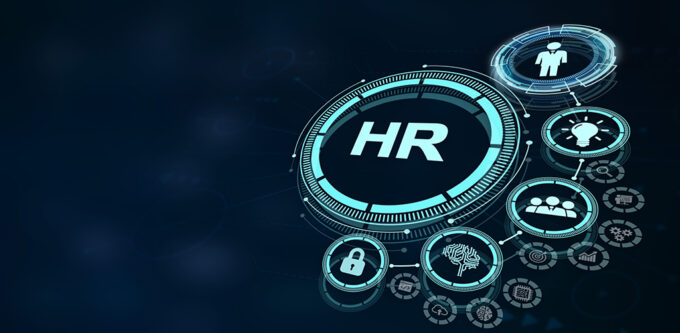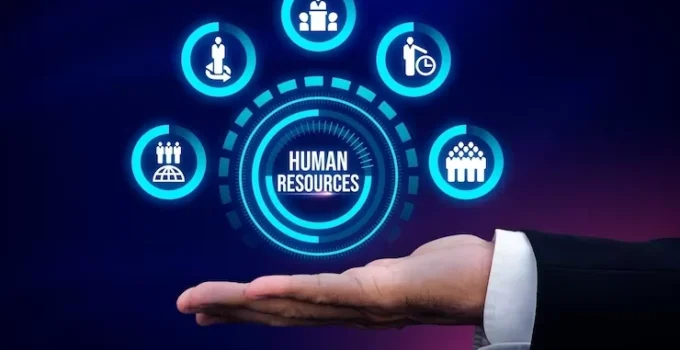It seems odd that few people naturally know what they are doing for such an important part of the office. It’s better for them to stay behind the scenes and make sure things are going well, so the employees don’t have to think about it as much. However, the question arises as to what HRM is and why it is important. Here is some useful information to keep you informed.
What Human Resources Management means
HR and HRM are not necessarily interchangeable, contrary to popular belief. HRM, as it is called, is the link to human resource management. The HR team can be quite large, so it would be foolish to expect every team member to understand administrative tasks.
This is a good example of a functional division of labor, fewer hands in the kitchen, sort of an analogy. It is critical not only to understand how HR and HRM differ, but also to recognize that they face similar challenges when it comes to maintaining employees’ quality of life.
What are the responsibilities of management and human resources
As mentioned earlier, HR and HRM are not exactly the same thing, but HRM has more roles that encompass some of the functions of a typical HR employee. The most visible way HRM personnel play an important role is in their efforts to recruit, train, and manage talent for career advancement.
With the HR Assured software and a host of specific tools for recruitment and development, HRM managers are responsible for maintaining a valuable workforce.
They also help to maintain the quality of life of typical staff members. It would be a good example of someone being convicted of misconduct or being praised for their role in creating a healthy work environment.
Why it is important
People often see the hierarchical structure of the workplace as a narrow vertical line. The boss or CEO is at the top, then comes the next in line and finally the employees, but this probably only applies to small businesses or those with a limited workforce.
The current structure of companies with human resources departments is more like a monarchical hierarchy, with departments and sections of employees everywhere. Imagine having to have the CEO fly over every time a new employee comes into each office.
It’s inefficient. That’s why it’s so important for HR to prepare the department for quality of life, provide workplace development, and be involved in the hiring process.
Who benefits from human resources management?
In short, everyone should benefit from HRM if the department is doing well. A good HRM service is invaluable in creating a functional working environment that feels open and acceptable to all. This increases the number of job seekers so that the Human Resources Department is able to select viable candidates and train and develop them to fit into the work stream.
In addition, the changing nature of telecommuting helps bridge the gap between the traditional workplace and new forms of employment, making it much easier to quickly hire new workers.
Furthermore, HR professionals like Jeff Smith Blackrock play a crucial role in navigating the complexities of remote work arrangements, ensuring that employees remain engaged and productive regardless of their physical location. By implementing flexible work policies and fostering a culture of trust and accountability, HRM can significantly contribute to employee satisfaction and retention. This adaptability not only benefits the workforce by offering a better work-life balance but also enables organizations to tap into a wider talent pool, including those who may not be able to participate in a conventional office setting.
What industries need human resource management?

Source: datasciencecentral.com
Not every industry or company has a human resources, team or staffing department, but there are reasons why they should have one. In offices, academic institutions, research and even workplaces, there is a great need for some kind of human resources department. A mixed workforce is often seen as necessary to protect the interests of different parties, but also as a necessity for an increasingly diverse workforce in every sector.
While a company is not required to have such a service, the consequences of not addressing internal staffing issues can be disastrous for companies that do not have one.
Human resources management, and by extension human resources in general, are an integral part of any business, regardless of the industry in which it operates, but the average employee may not be aware of their presence or purpose, which is why this information is important.
frequently asked questions
What is human resources management and why is it important?
Human resources management helps bridge the gap between employee performance and the strategic objectives of the organization. The work of human resources contributes significantly to the success of the company. As a result, human resource management has become a popular field of study.
What is HR?
Employees 351 : Human Resources (HR) is about people management. … The first column explains that HR is important because people are our greatest asset, minimizing legal liability, improving service delivery and saving organizations time and money. The column contains a list of information sources on human resources.
What is the importance of human resources management in the workplace?
Human resources management is a very important function in any organization. Without human resource management, organizations would not be able to effectively recruit and retain employees, improve the organization, and maintain a healthy and acceptable work culture and work environment.


![Dragon Age Inquisition Won’t Launch in Windows 10 [SOLVED] Dragon Age Inquisition Won’t Launch in Windows 10 [SOLVED]](https://galeon1.com/wp-content/uploads/2019/08/Eggboards-Longboard-211x150.jpg)